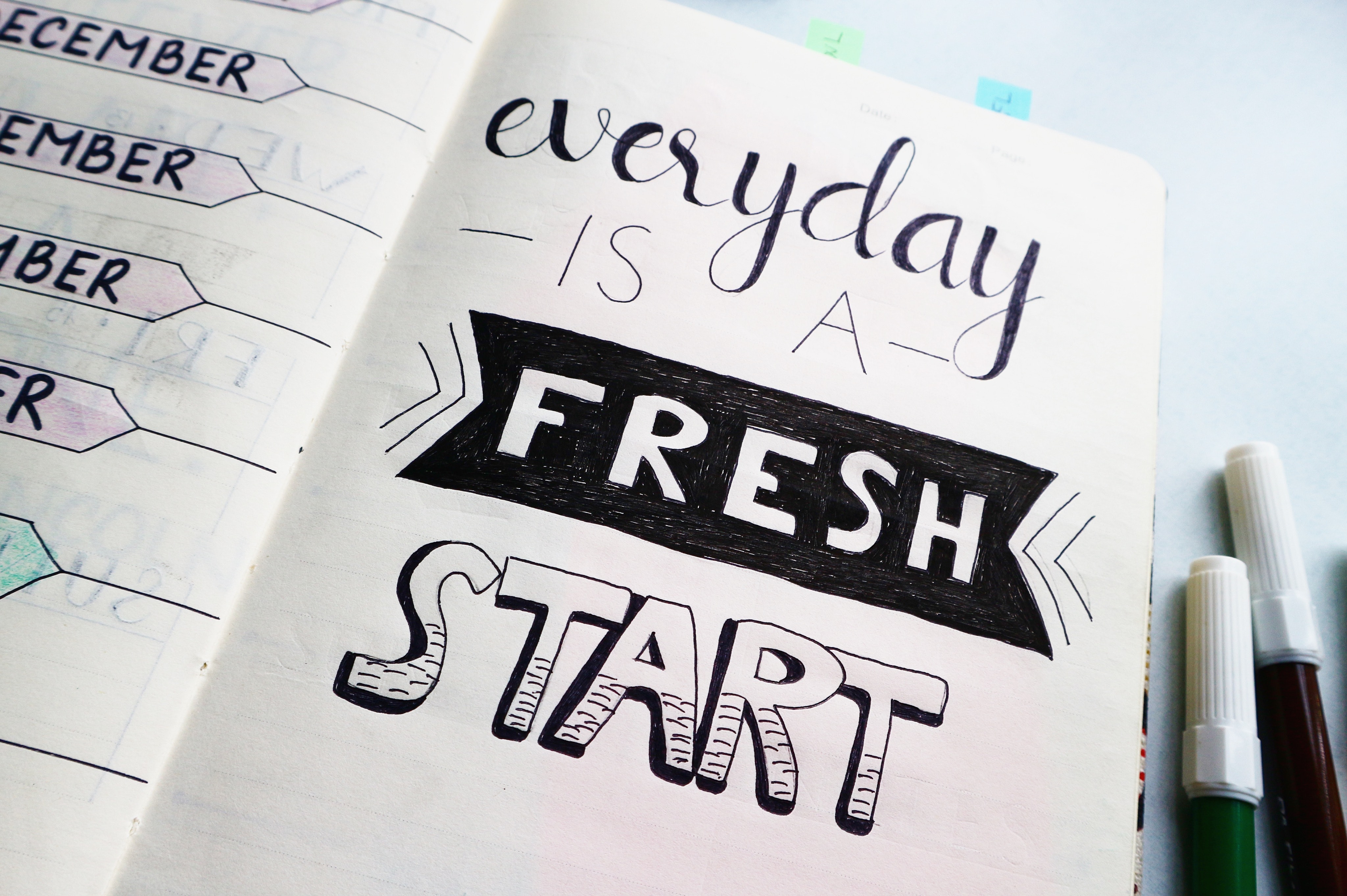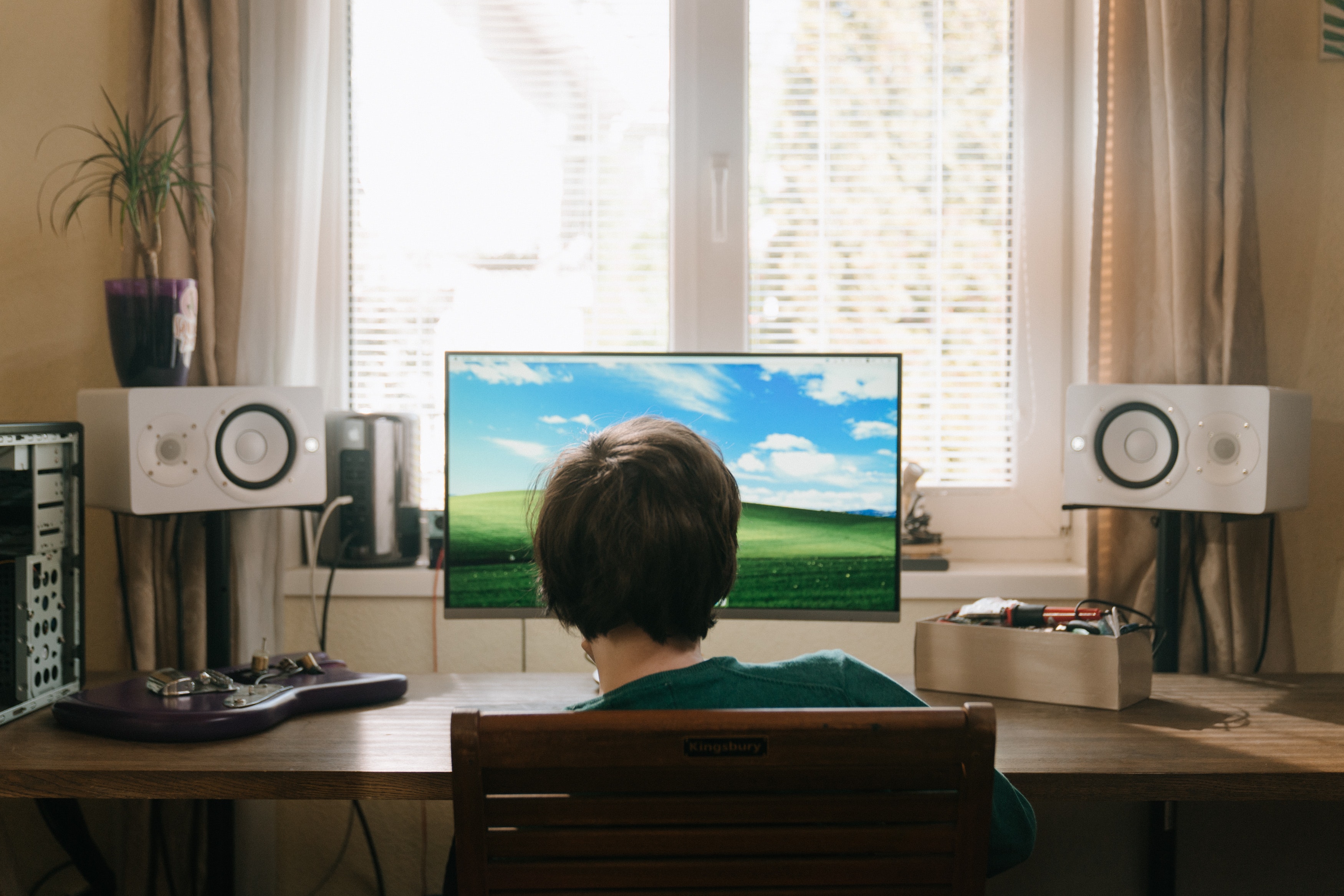
“Know thyself” – Aristotle
Meta: showing or suggesting an explicit awareness of itself
Cognition: the process of thinking
Metacognition: awareness of one’s own thought processes
Metacognition (MC) is the key to building better thinkers.
You might be thinking “I thought critical thinking was the key”, BUT 1) there are other kinds of thinking and 2) how do we know if we’re thinking critically anyway? How can we understand if we’re actually using and improving our skill set?
Progress in ALL skill-building comes from thinking about our thinking.
Everyone has the potential to build their metacognitive abilities, and doing this addresses A LOT of the main challenges our kids have in school, especially with respect to studying. Most students don’t know how to study. Even higher achievers who work hard and really want to do well are often doing it wrong.
What’s more, students are generally quite bad at judging how well they understand something, and tend to be overconfident.
This is a big reason why it’s so common to hear “I studied and GOT IT, I don’t know what happened on the test…” This is never true. They either didn’t get it or didn’t get that they couldn’t translate their knowledge to the test.
Or “I studied for SO LONG, I’m just not good at Math/English/Chem” – if they’re not studying properly, putting in hours of work won’t help them (in fact, it will likely hurt them, lots of negative implications if kids feel they “studied” hard and still don’t do well).
MC enables them to accurately decide what to study and for how long. There’s no “element of surprise” when it comes to school if their MC is on point.
It lets them understand how much or how little they actually understanding (how well or poorly they’re using their MC = how well or poorly they’re studying and learning). Weaker students generally have weaker MC than their stronger counterparts.
Let’s take a moment to remember that good grades do NOT equate to real learning. So many kids get good grades in high school and then struggle in college, and this is generally because they never actually studied or learned meaningfully.
Building MC in school is also the foundation for making sure they’re aware of their strengths and weaknesses, which is a HUGE deciding factor in what they want to pursue in college and for their career.
Tethered to this is whether kids will turn into competent humans or not; poor MC is a big part of incompetence, and people who are incompetent are rarely aware of their incompetence (which I’d venture we all witness almost daily, whether on the road, in a store or on hold with customer service – yikes).
Suffice to say the stakes of getting this wrong are about as high as they get.
Let’s get real for a second, since what we model has a huge impact on our kids – how often do you think about your own thinking? Hourly? Daily? Weekly? Kinda never?




